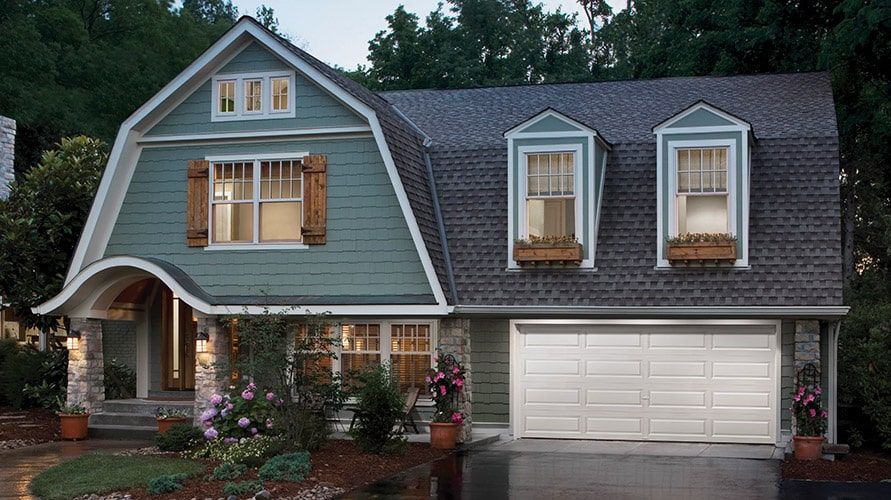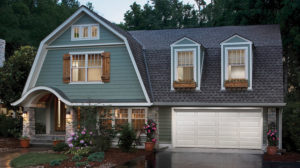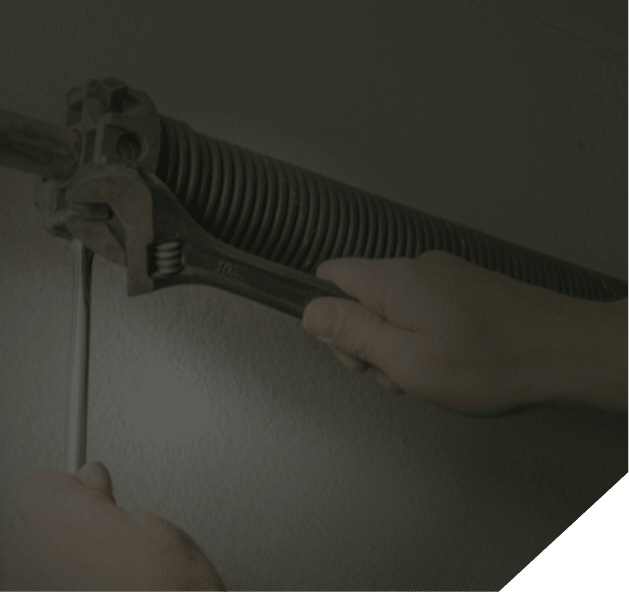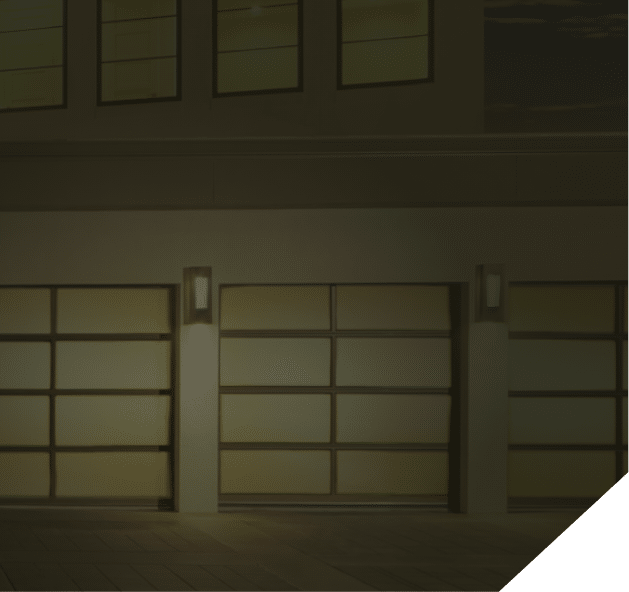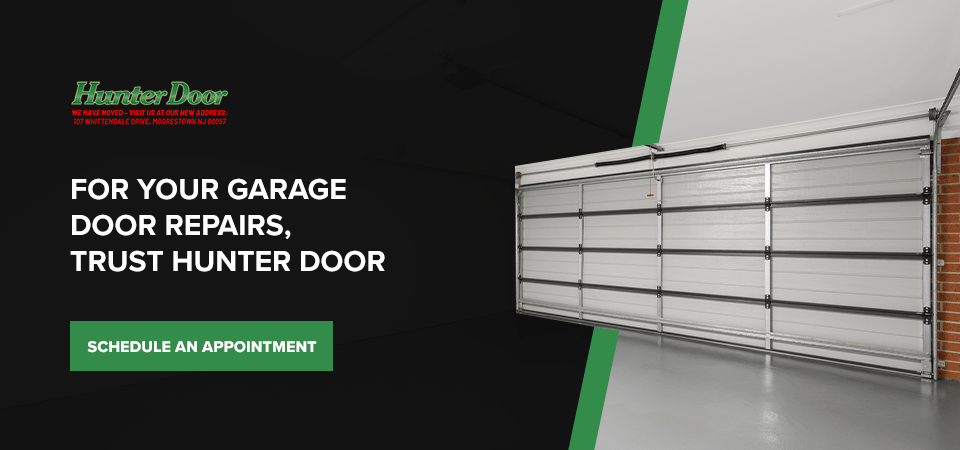How to Open Your Garage Door in a Power Outage
How to Open Your Garage Door in a Power Outage
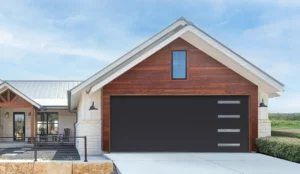 Losing power can be frustrating, especially when your garage door opener suddenly stops working and you need to get your car out or secure your home. Since most modern garage doors rely on electric openers, many homeowners are unsure what to do when the power goes out. The good news is that garage doors are designed with a manual backup system that allows you to open them safely during an outage. Knowing how to use it ahead of time can save you stress and prevent damage to your door.
Losing power can be frustrating, especially when your garage door opener suddenly stops working and you need to get your car out or secure your home. Since most modern garage doors rely on electric openers, many homeowners are unsure what to do when the power goes out. The good news is that garage doors are designed with a manual backup system that allows you to open them safely during an outage. Knowing how to use it ahead of time can save you stress and prevent damage to your door.
This guide explains how to open your residential garage door during a power outage and what precautions you should take to stay safe.
Understand How Your Garage Door Works Without Power
Your garage door opener uses electricity to lift and lower the door, but the door itself is balanced by springs. These springs carry most of the door’s weight, which makes it possible to open the door manually when needed. As long as your springs are in good condition, you should be able to lift the door by hand once it is disconnected from the opener.
If your door feels extremely heavy or will not move, stop immediately. That can be a sign of broken or worn springs, and forcing the door could be dangerous.
Locate the Emergency Release Cord
Every automatic garage door opener includes an emergency release mechanism. This is usually a red cord hanging from the opener rail near the top of the door. The cord is attached to a release handle that disengages the door from the opener trolley.
Before a power outage ever happens, take a moment to locate this cord so you are familiar with it. In an emergency, you do not want to waste time searching for it in the dark.
Step by Step: Opening Your Garage Door Manually
Follow these steps to open your garage door safely during a power outage:
- Make sure the door is fully closed: If the door is partially open when the power goes out, it may slam shut once disconnected. If possible, carefully lower it to the closed position before releasing it.
- Pull the emergency release cord: Firmly pull the red handle straight down. This disconnects the door from the opener, allowing you to move it manually.
- Lift the door slowly: Using both hands, lift the door from the bottom until it is fully open. A properly balanced door should lift smoothly and stay open on its own.
- Secure the door in the open position if needed: If you need to keep the door open for an extended period, make sure it is fully raised and stable. Avoid walking or standing directly underneath it.
- Close the door carefully: When you are ready, lower the door slowly and evenly to prevent it from slamming shut.
How to Lock the Door During a Power Outage
If you plan to leave your home while the power is out, it is important to secure the garage door. Many garage doors include a manual lock or slide lock on the inside of the door. Engaging this lock prevents the door from being opened from the outside.
If your door does not have a manual lock, you can use a clamp or locking pliers on the track just above one of the rollers. This prevents the door from being lifted and adds an extra layer of security until power is restored.
Reconnecting the Garage Door Opener After Power Is Restored
Once the power comes back on, you will need to reconnect your garage door to the opener.
- Make sure the door is fully closed.
- Pull the emergency release cord toward the opener or lift the door slightly until you hear the trolley reengage.
- Test the opener using the wall control or remote to ensure it is working properly.
If the door does not reconnect or moves unevenly, stop using the opener and contact a professional for assistance.
When Manual Operation Is Not Safe
Not all garage doors can be opened safely during a power outage. If your door has broken springs, damaged cables, or severe track issues, manual operation can be dangerous. Signs that you should not attempt to open the door include:
- The door feels extremely heavy
- The door will not stay open
- You hear grinding or snapping noises
- The door appears crooked or uneven
In these situations, it is best to wait for professional service rather than risk injury or further damage.
Preventing Future Power Outage Issues
If power outages happen frequently in your area, there are steps you can take to make things easier next time.
- Install a battery backup opener: Many modern garage door openers include built-in battery backup systems that allow normal operation during outages.
- Maintain your garage door regularly: Properly balanced doors are much easier and safer to open manually.
- Keep a flashlight in the garage: This helps you see the release cord and avoid accidents in low light.
- Test the emergency release occasionally: Knowing how it works ahead of time prevents confusion during an outage.
Stay Prepared and Safe
Power outages are unpredictable, but being prepared makes all the difference. Understanding how to open your garage door manually can help you avoid being stuck at home or locked out of your garage when the power goes out. By following the proper steps and prioritizing safety, you can protect both yourself and your garage door system.
If your door does not operate smoothly or feels unsafe to lift, professional service from Hunter Door is the best solution. A well-maintained garage door ensures peace of mind no matter what the weather or power conditions bring. For assistance with your garage door during a power outage or any other time, contact Hunter Door and schedule an appointment.
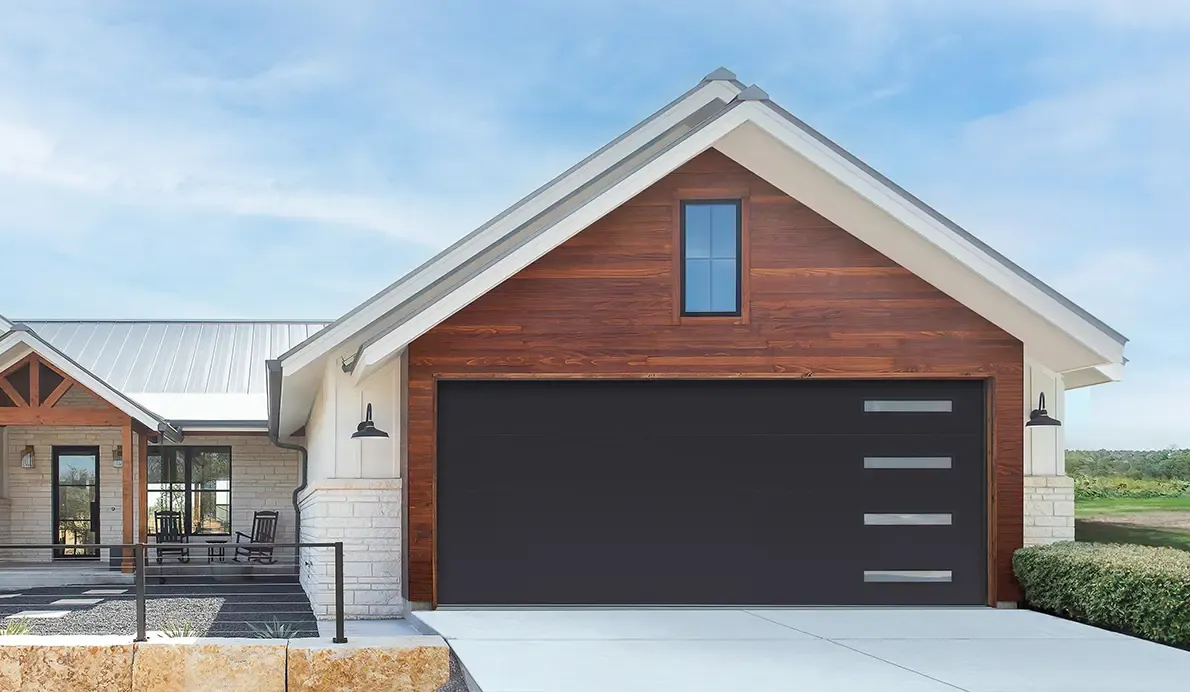
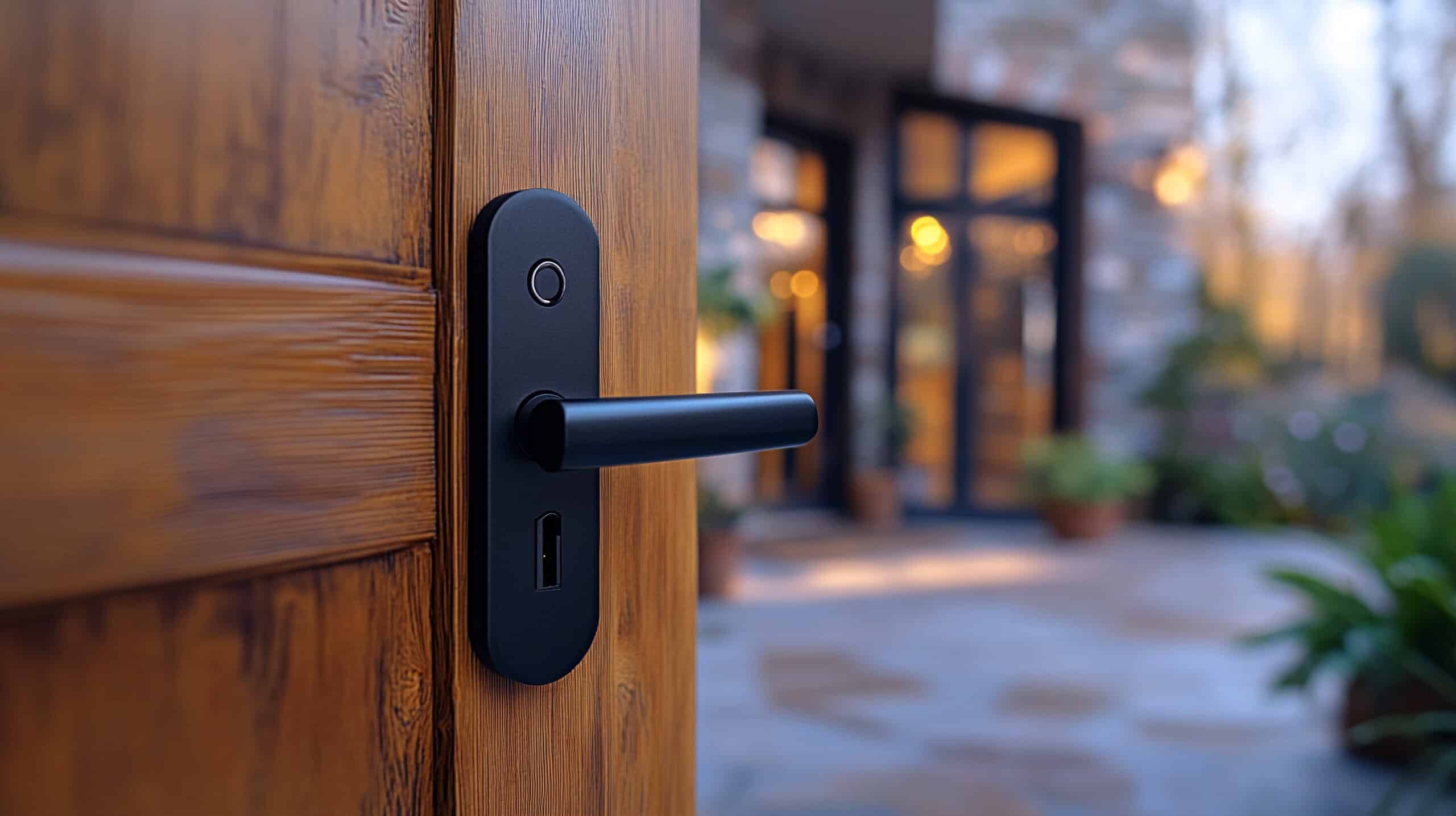

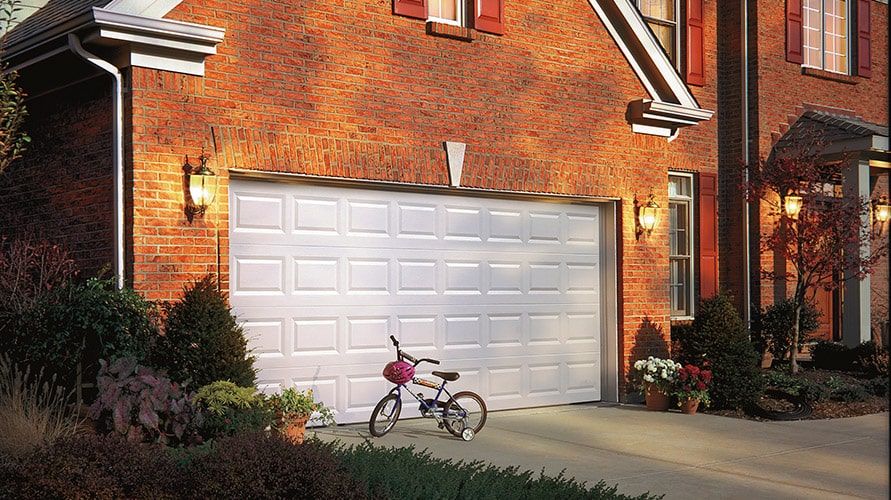
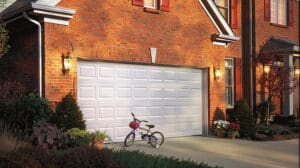
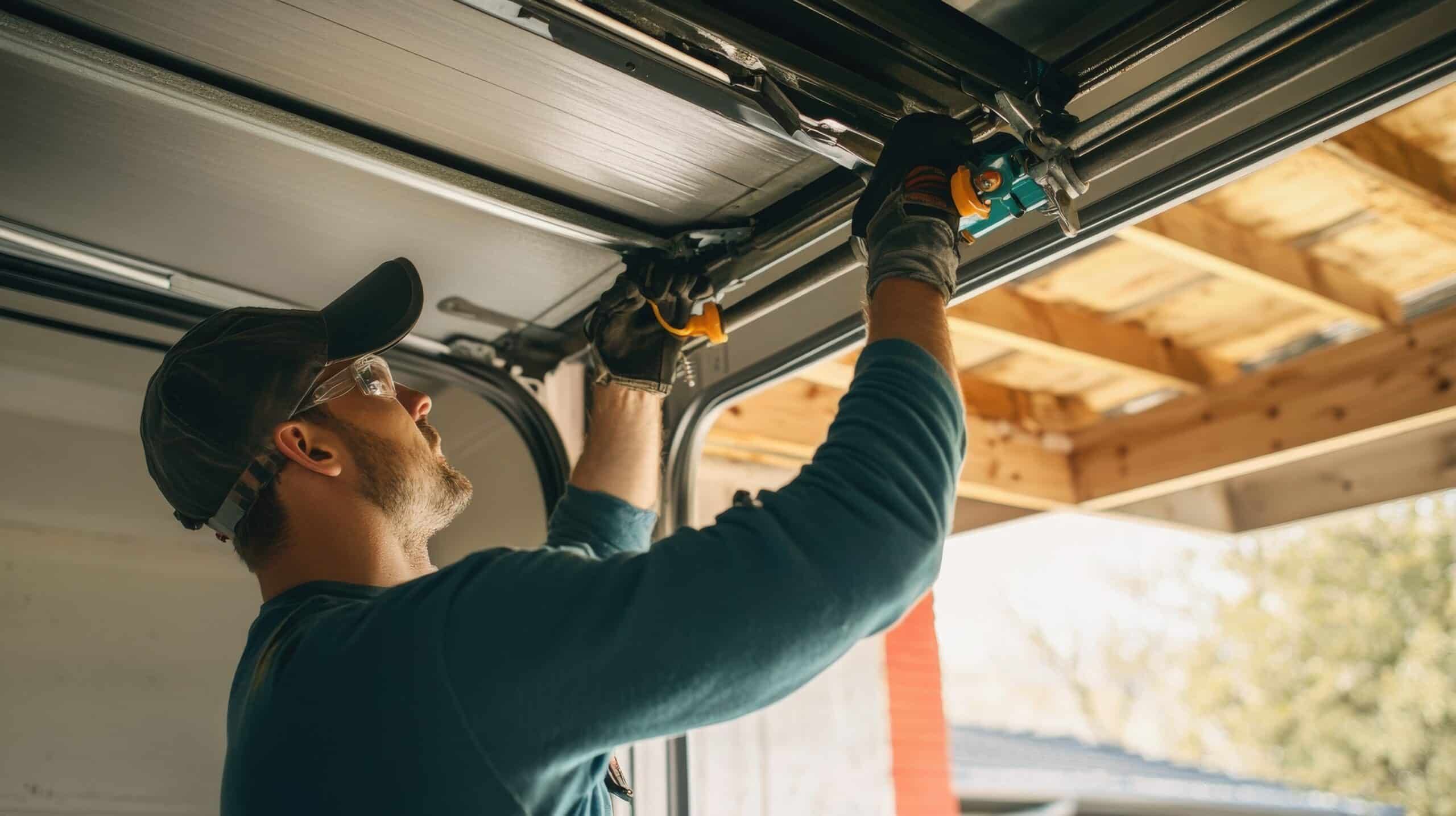

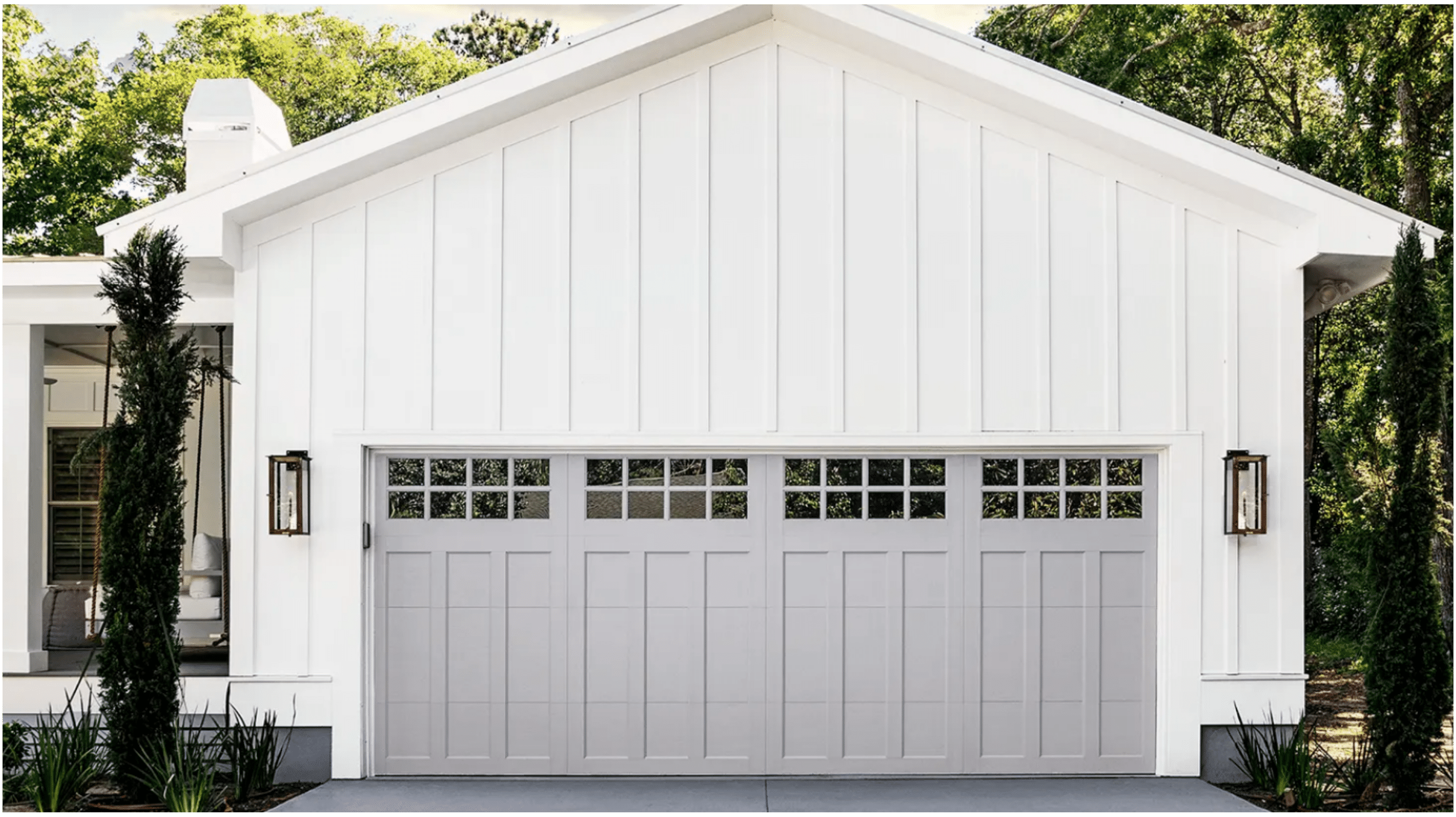
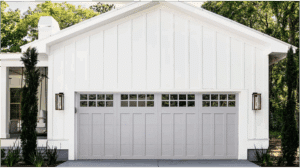
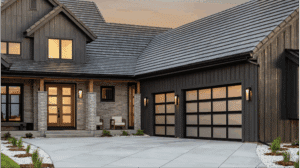
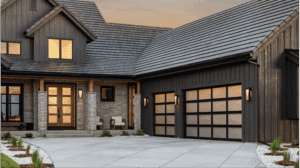 When homeowners think about energy efficiency, their minds often go straight to windows, insulation, or HVAC systems. But there’s another major player that’s easy to overlook: your garage door. Whether your garage is attached or detached, the door itself can have a significant impact on your home’s overall comfort, energy usage, and utility costs.
When homeowners think about energy efficiency, their minds often go straight to windows, insulation, or HVAC systems. But there’s another major player that’s easy to overlook: your garage door. Whether your garage is attached or detached, the door itself can have a significant impact on your home’s overall comfort, energy usage, and utility costs.